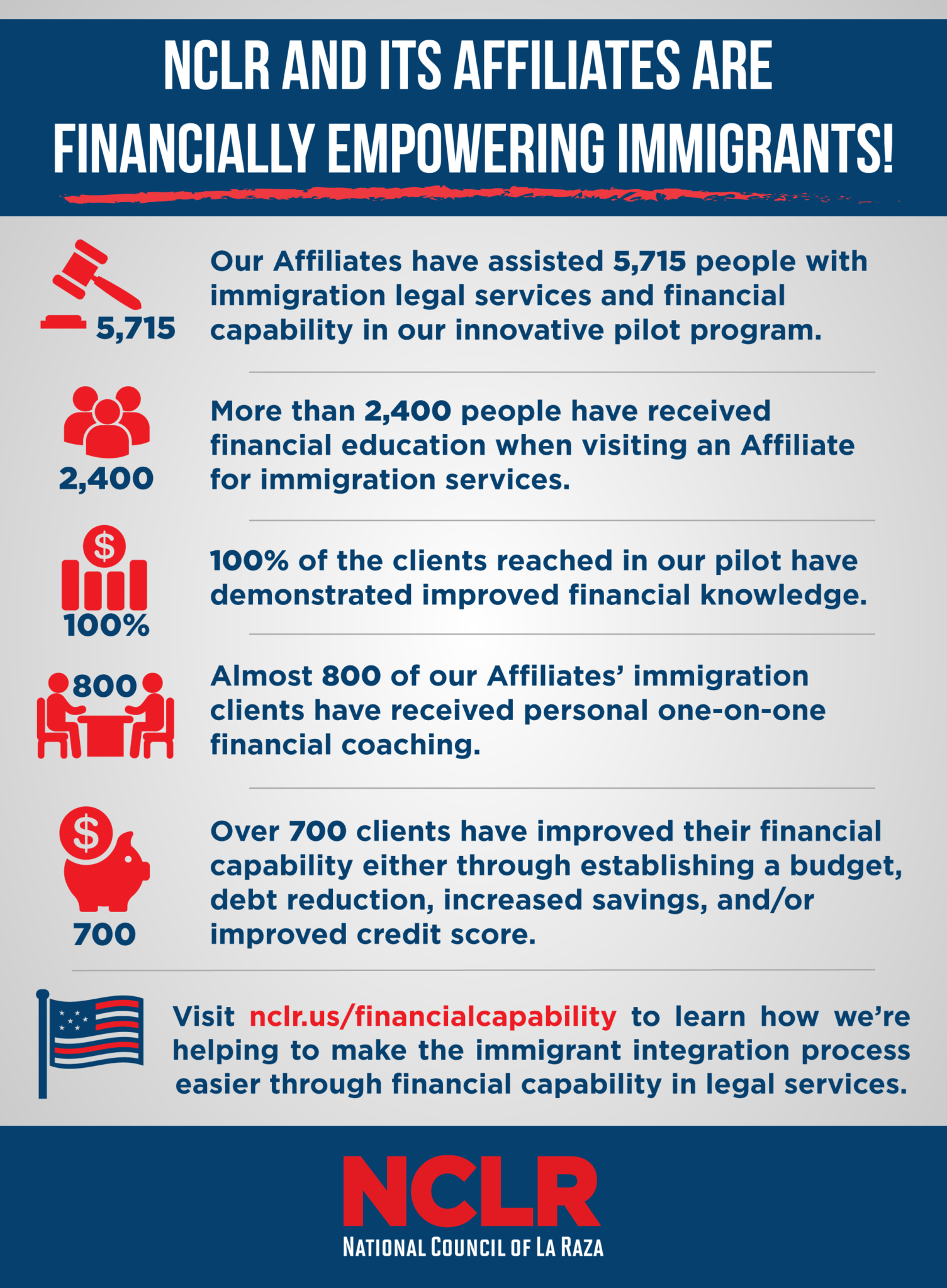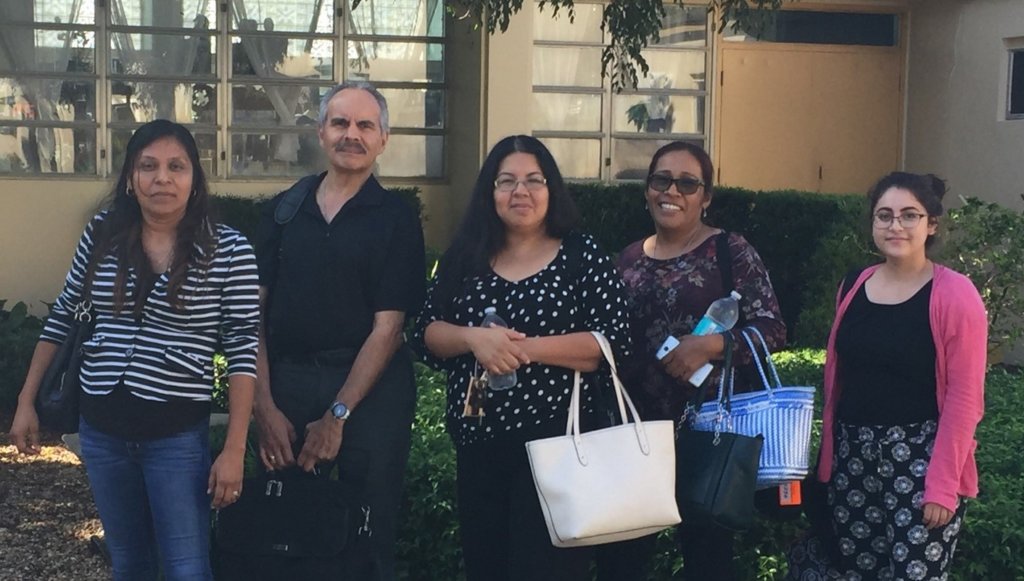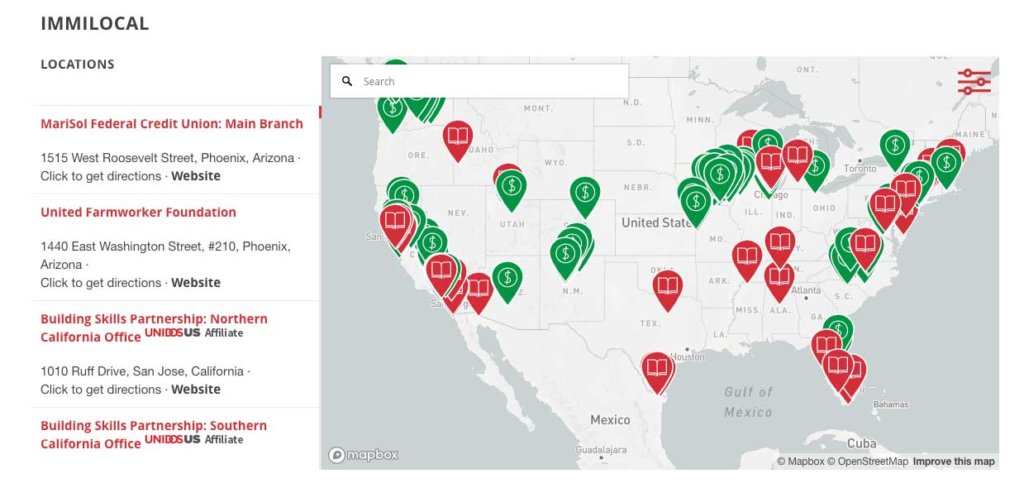Financial Capability Is Putting Immigrants on the Road to Citizenship and Financial Security
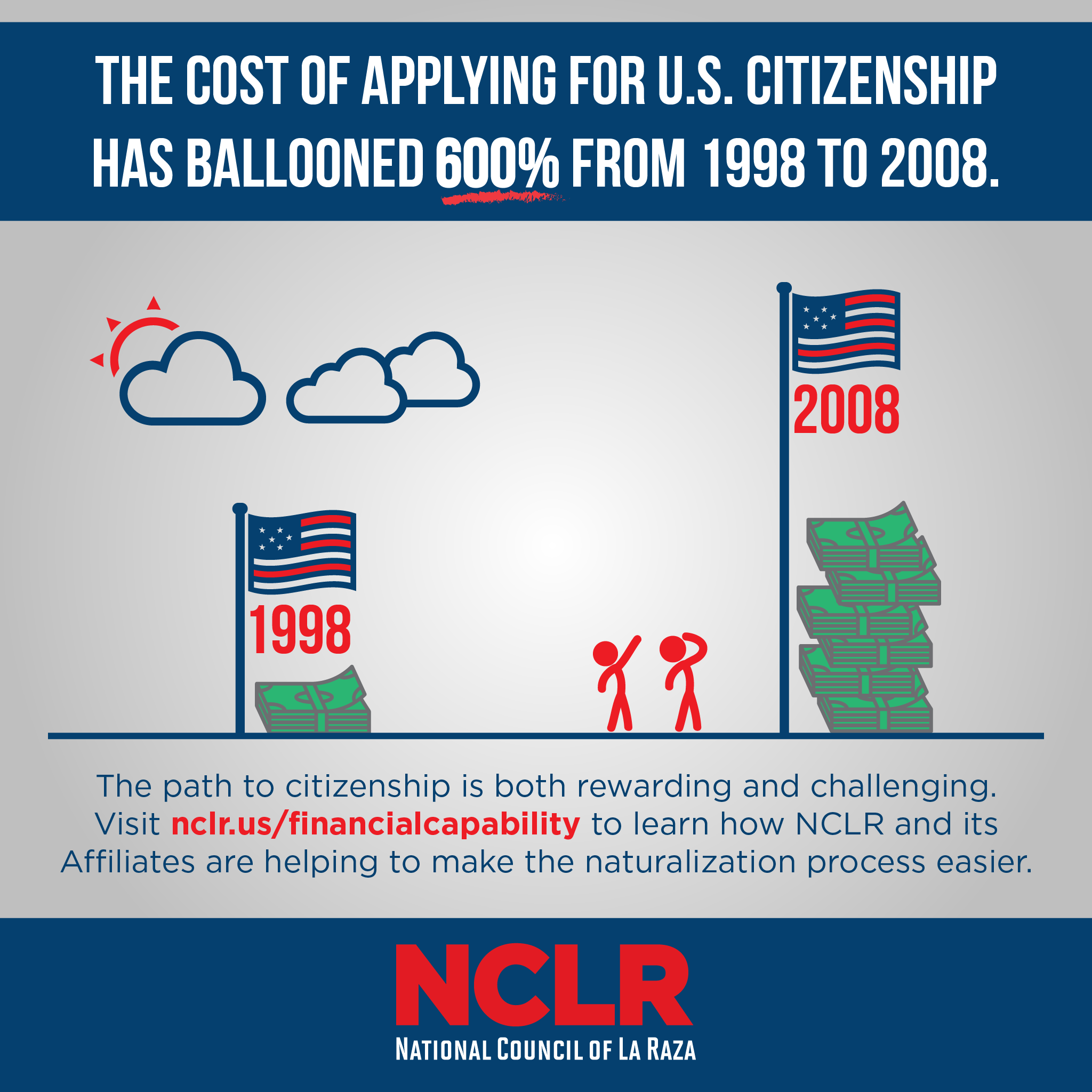 The path to U.S. citizenship is extremely rewarding but also a long and difficult process. Becoming a citizen has many benefits including higher wages, access to government jobs, and retention of retirement benefits, yet immigrants must also face the technical nature of immigration policy, such as a 20-page application and a civics test that one in three native-born Americans regularly fail. Additionally, there are financial barriers that all too often preclude low-to moderate-income immigrants from reaching their goal of citizenship.
The path to U.S. citizenship is extremely rewarding but also a long and difficult process. Becoming a citizen has many benefits including higher wages, access to government jobs, and retention of retirement benefits, yet immigrants must also face the technical nature of immigration policy, such as a 20-page application and a civics test that one in three native-born Americans regularly fail. Additionally, there are financial barriers that all too often preclude low-to moderate-income immigrants from reaching their goal of citizenship.
The financial challenges are not limited to the application cost alone, which ballooned 610 perent from 1998–2008. They include costs for English language instruction, legal assistance, and civics classes. These barriers pose a significant challenge to low-income immigrants who are aspiring to become American citizens. To help these aspiring Americans reach both their immigration and financial goals, NCLR, with the support of Citi Foundation, has been working with several Affiliates across the country to integrate financial capability resources and immigration service programs.
Simply put, financial capability is financial knowledge, coaching to reach one’s goals, and access to safe and affordable financial products. Such services empower Latino families to make informed decisions for their financial future.
Keep up with the latest from UnidosUS
Sign up for the weekly UnidosUS Action Network newsletter delivered every Thursday.
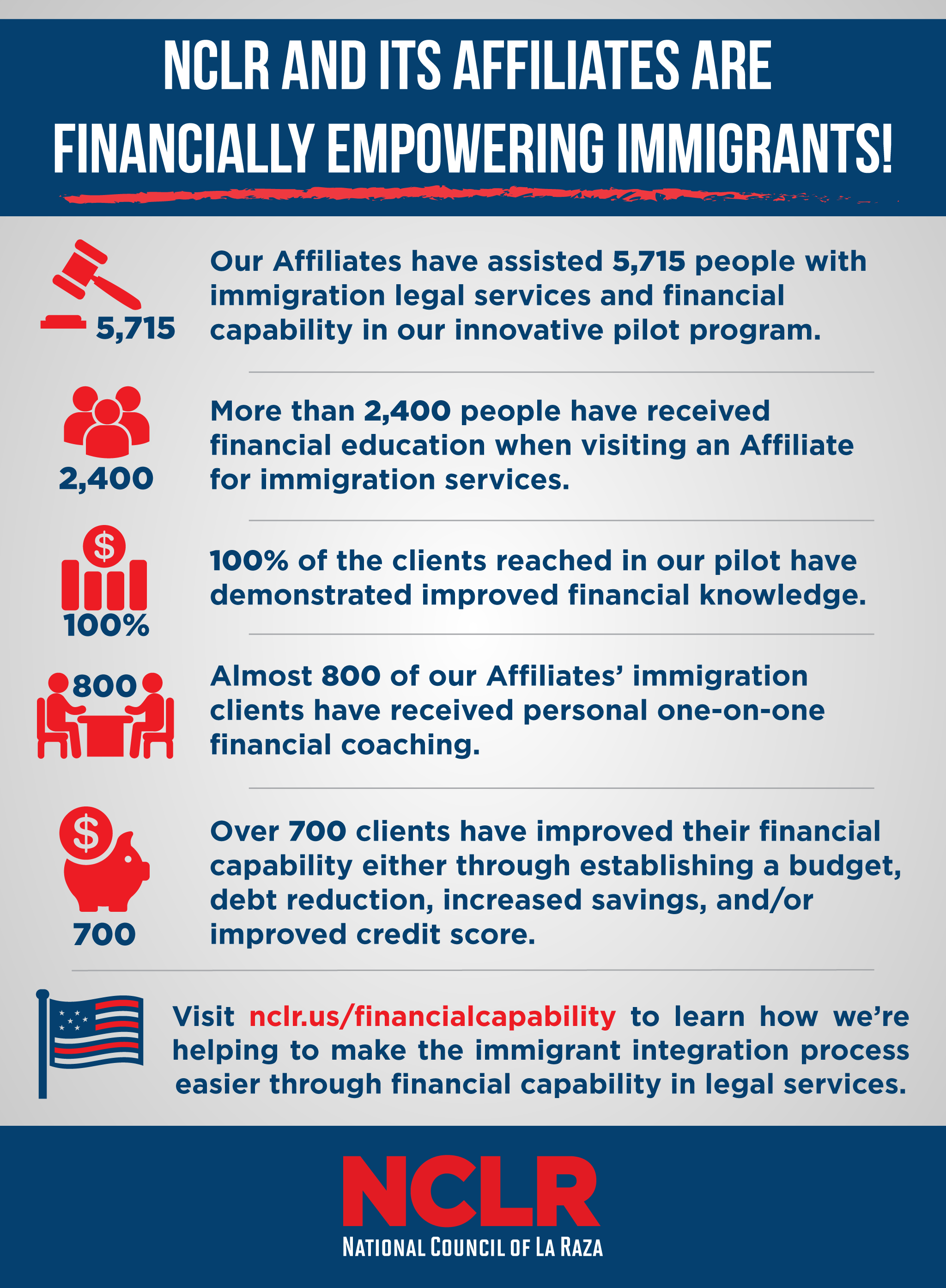
Folks like J. Reyes (names have been changed to protect anonymity) have already benefited from a combination of financial capability and citizenship services. After attending a 2014 Citizenship Workshop at our Affiliate, The Resurrection Project (TRP), Reyes was identified as a citizenship candidate after hearing a presentation about how to cover the application fee, which included loans. He initially applied for an application fee waiver with United States Citizenship and Immigration Services, but found out he was ineligible. He remembered the presentation at The Resurrection Project and reached out about the possibility of applying for a loan. Mr. Reyes was a prime candidate for financial coaching as he needed help improving his credit score. During the initial coaching session, he developed an action plan to address his credit and budget needs. Next, TRP made a direct referral to a local credit union, Second Federal, to apply for the loan. Had it not been for that loan, Reyes says, he would have had to wait on citizenship and his credit would have continued to crumble. Since meeting with our Affiliate and applying for the loan, Mr. Reyes achieved his long-time goal of receiving American citizenship.
Financial capability goes beyond helping immigrants reach their citizenship goals, too. D. Angulo, originally from El Salvador, received information about budgeting and saving as part of his ESL instruction at our Affiliate, Hispanic Unity of Florida. During his citizenship preparation, he received one-on-one coaching sessions that helped him to remove credit report errors and to open a money market account so he could begin saving for a house. Angulo has since become a citizen and soon will have saved enough to put a down payment on his first home.
D. Angulo and J. Reyes are just two examples of how financial capability can empower people to take control of their future. There are scores of other Latino families who have yet to benefit from this integrated model, and we’re working hard to reach them. With the help of trusted community institutions like NCLR Affiliates, we are helping immigrants more successfully navigate the road to the American Dream—citizenship, success, and economic security.
